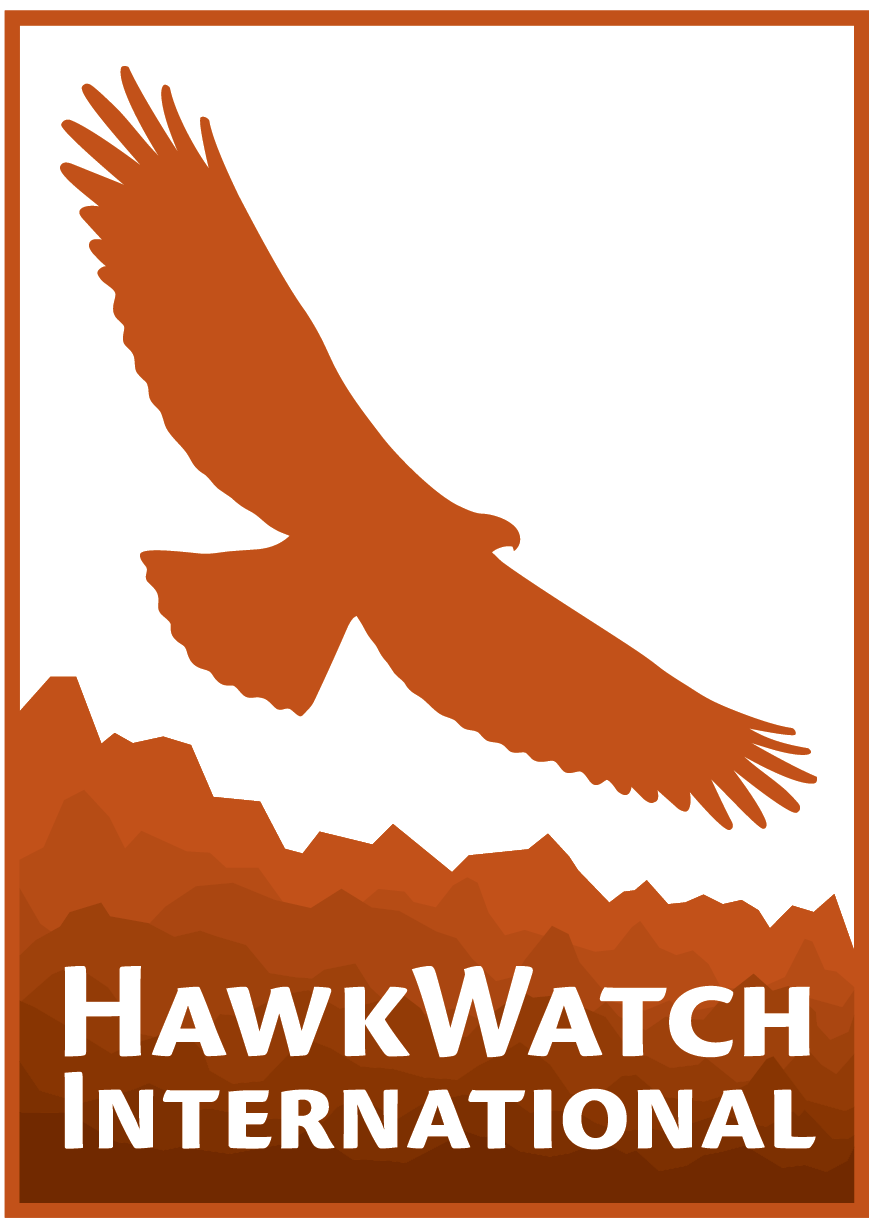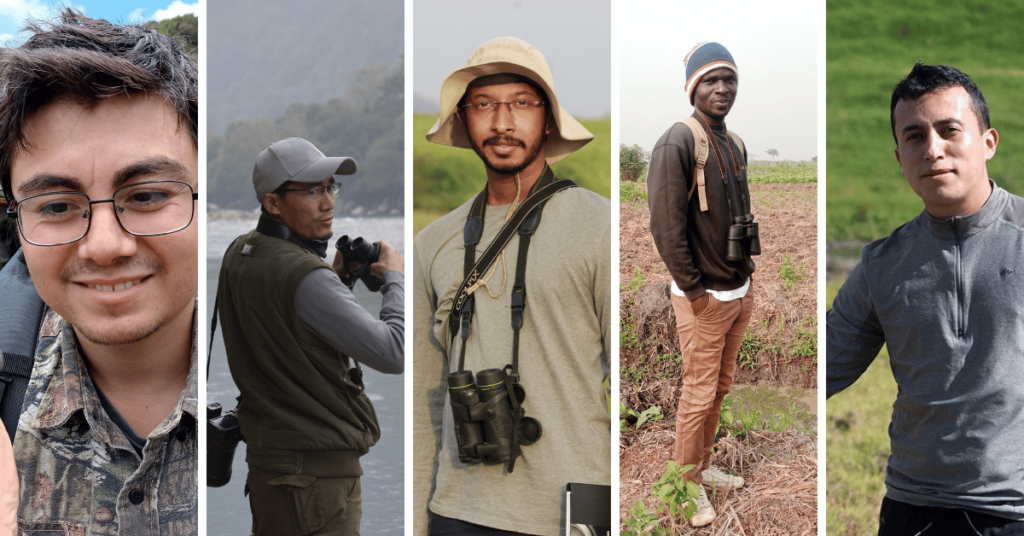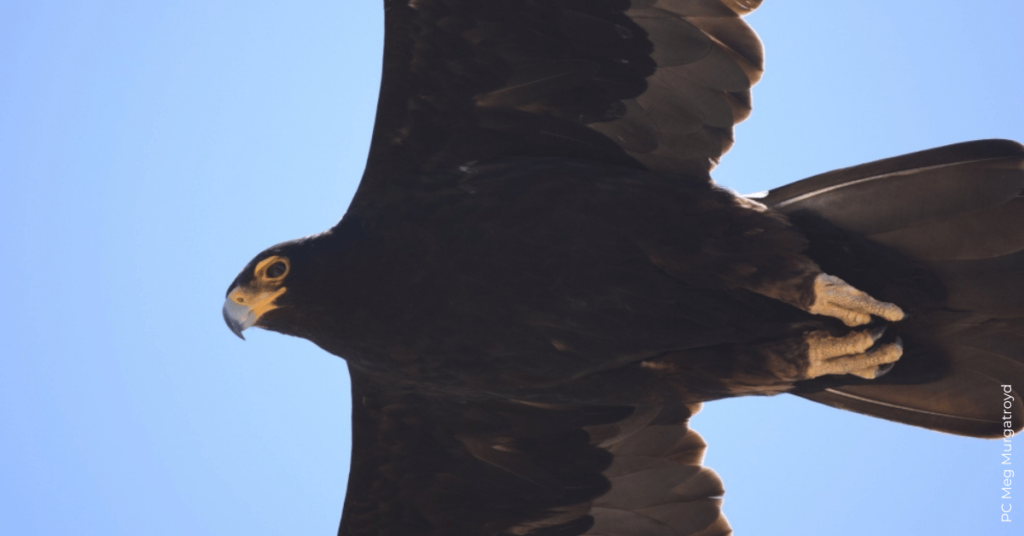Each year, we’re reminded of just how much work to do to conserve raptors and our shared environment. After carefully reviewing over 30 proposals studying 24 species, HawkWatch International (HWI) has selected four researchers as recipients of the 2024 Global Raptor Research and Conservation Grant (GRRCG) for their efforts to conserve at-risk species. This year’s awards support research into three endangered species never supported by the grant previously: the Forest Owlet, Chaco Eagle, and the Secretarybird. The grant will also support more research on the vulnerable Javan scops-owl, which was studied by 2022 awardee Asman Adi Purwanto.
Asia
Once thought to be teetering on the edge of extinction, there are now believed to be approximately 1,000 mature adult Forest Owlets in the wild. The endangered owl is known to breed in just five locations in India. One of the locations with the largest populations—the Dangs forests in Northern Western Ghats—has been minimally studied, but Kaushal Patel will soon change that. Kaushal will investigate the factors affecting the nest-site selection of the forest owlet in this area in hopes of understanding the habitat needs and breeding intricacies of the species in this region. Kaushal also hopes to engage key stakeholders in the region in hopes of building support for a comprehensive, landscape-level conservation action plan.
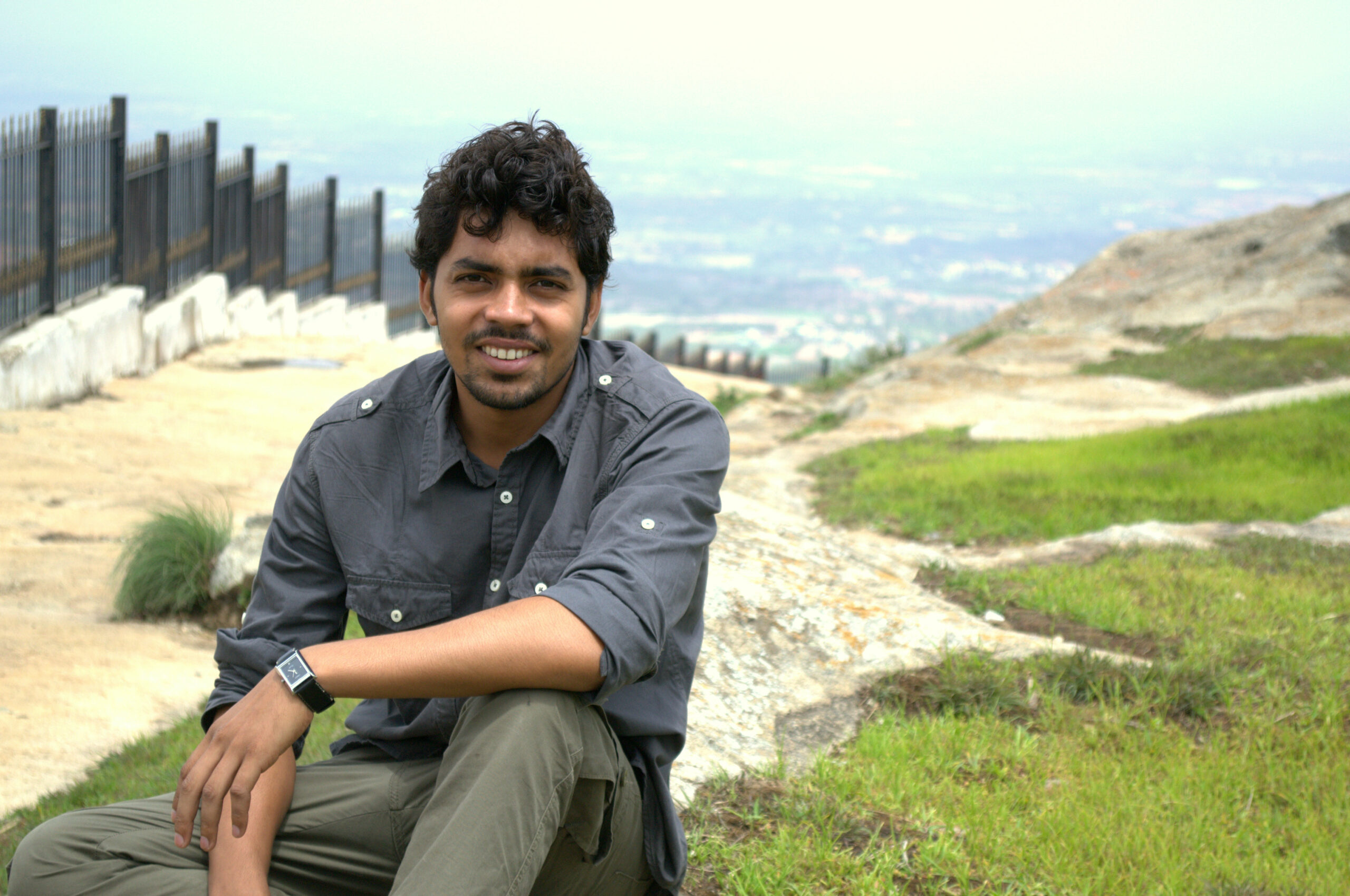
Latin America
With fewer than 1,000 breeding individuals left in the wild, the slow-to-reproduce Chaco Eagle is at risk of extinction. Sergi Epsi hopes to prevent that by investigating what drives Chaco Eagles to establish nests and what they feed their young once they successfully reproduce. Sergi’s research builds on 20 years of research conducted on this endangered species by the Center for the Study and Conservation of Birds of Prey (CECARA) in Argentina, where he is a doctoral student. Ultimately, Sergi hopes CECARA is able to use this information to implement conservation measures.
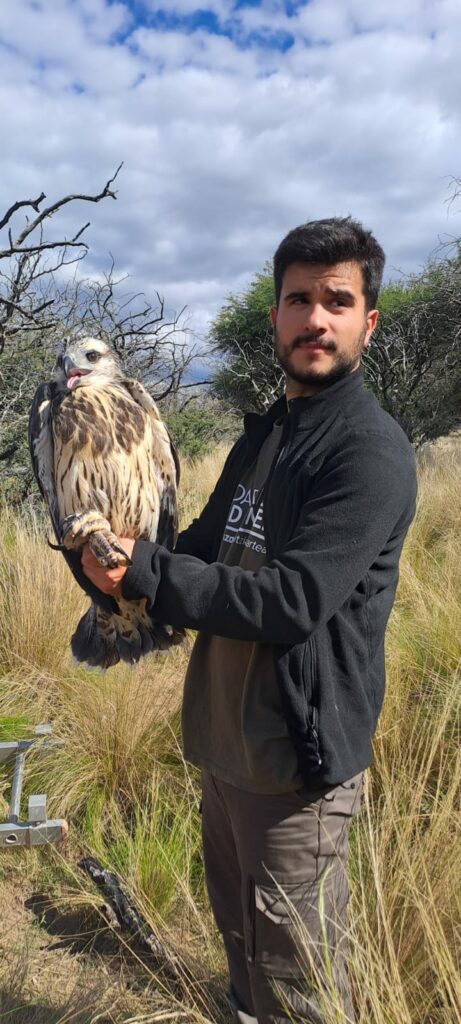
Africa
With enviably long eyelashes and a stunning stature, the Secretarybird is one of Africa’s most charismatic raptors. It’s also endangered, with little information available about the species in many areas, including Ethiopia. Bruktawit Kibret will solve this problem by conducting the first-ever study of the ecology and distribution of the species in the country. Specifically, Bruktawit will estimate the current population status and distribution of the species and document human-Secretarybird interaction and threats to the species. Ultimately, Bruktawit hopes this study will help conserve this threatened species and promote bird-based ecotourism.
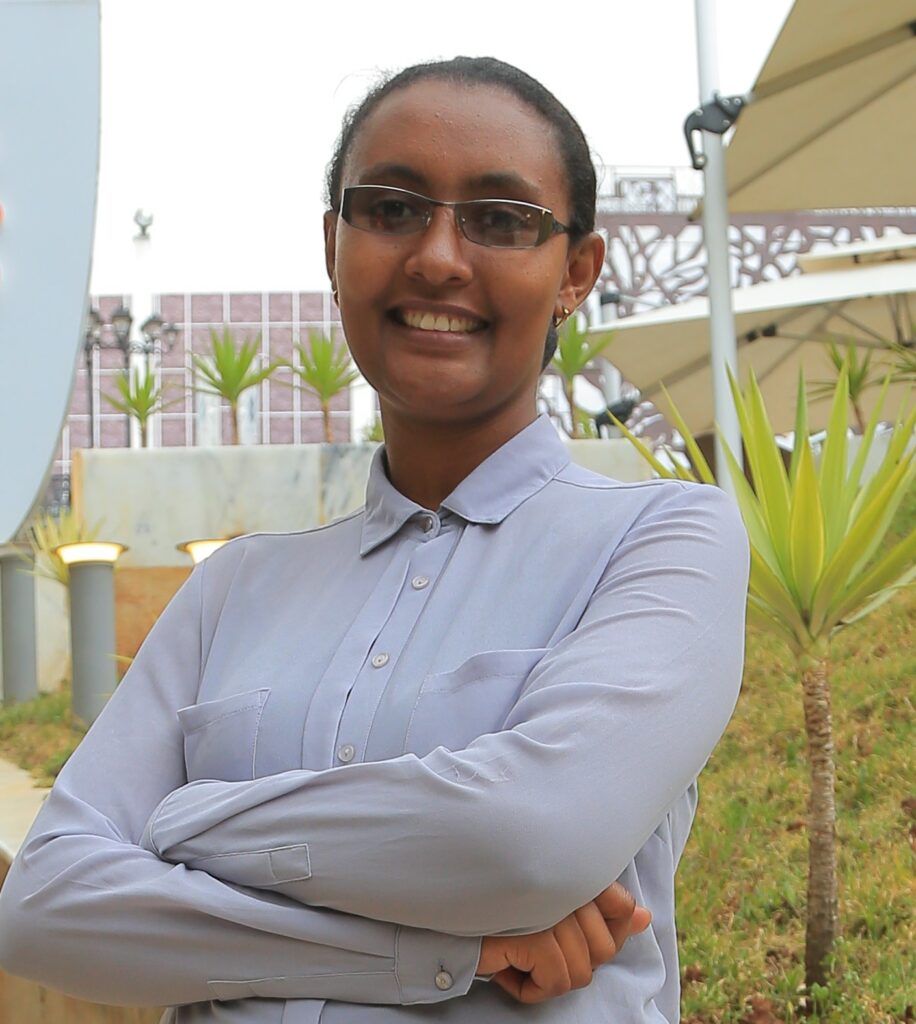
Wildcard
In 2022, researchers discovered a new range for the vulnerable Javan Scops Owl, the Gunung Sawal Wildlife Reserve in Indonesia. Panji Akbar plans to be the first to comprehensively explore and map the distribution of this elusive species—and other nocturnal species—within the reserve. Panji will analyze over 1,200 hours of nocturnal audio recordings collected using Passive Acoustic Monitoring. Ultimately, Panji hopes that this will help assess the impact of human activities on the species and identify strategic measures to conserve it.
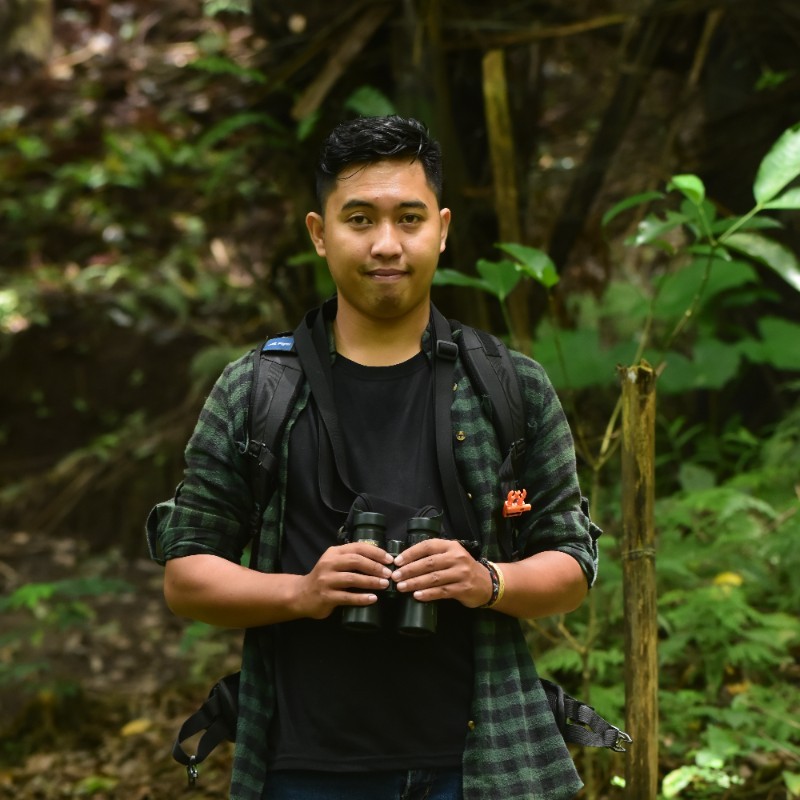
Once again, this year’s finalists were selected by a panel of regional outside reviewers after a first round of internal review by six of HawkWatch International’s scientists. This year’s outside reviewers were Munir Virani (Africa), Tulsi Subedi (Asia), and Juan Manuel Grande (Latin America).
HawkWatch International’s internal review panel evaluated 31 applications, requesting over $75,000 in funding to support research focused on 24 species in 18 countries. Since HawkWatch International created the Global Raptor Research & Conservation Grant in 2021, the organization has awarded 16 grants to 15 researchers in 11 countries. Over 150 researchers have applied for funding. The grant supports projects addressing raptor conservation priorities and knowledge gaps around the world. The grant aims to increase diversity and inclusivity in conservation while building local capacity.
This blog was written by Kirsten Elliott, HWI’s Development and Communications Director. You can learn more about Kirsten here.
